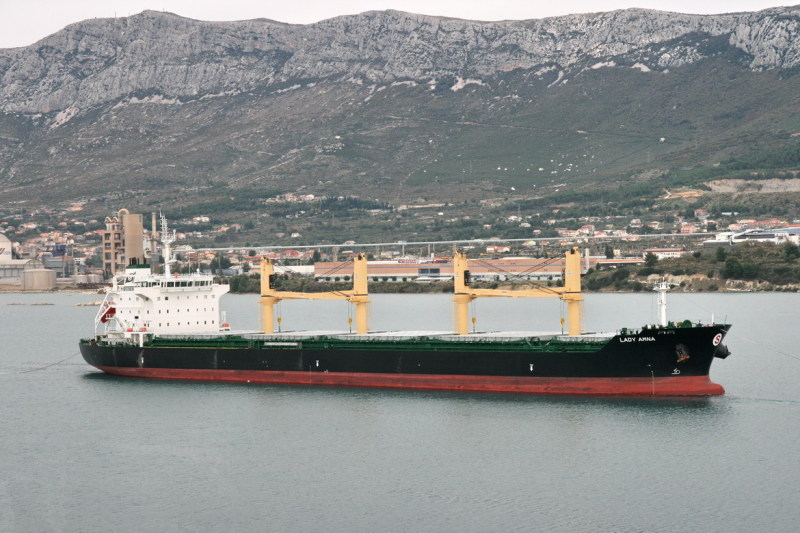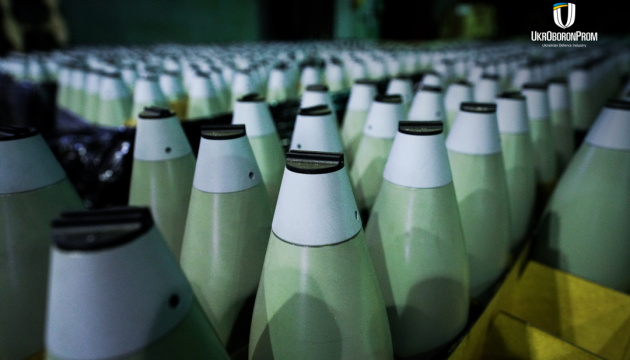The Danish Maritime Authority has announced it is monitoring the movements of the vessel Ruby, which carries 20,000 tons of Russian ammonium nitrate, a fertilizer that can also be used to manufacture explosives, reports DR.
According to the media outlet, the Maltese-flagged Ruby is scheduled to enter Danish territorial waters on 21 September and cross the Great Belt strait between the Danish islands of Zealand and Funen.
The Danish Maritime Authority is reportedly aware of the ship's limited maneuverability and that it is loaded with dangerous cargo. "In light of this, we have established several conditions to ensure maritime safety," the agency reported.
Among the safety measures, Ruby has been ordered to be towed while in Danish waters, and a Danish pilot is on board to help navigate the safest route.
The vessel first drew attention in early September when it attempted to dock at the Norwegian port of Tromsø, citing storm damage. However, both Norway and later Sweden refused to accept it.
Danish media reports that the amount of ammonium nitrate aboard Ruby is sufficient to cause an explosion seven times more powerful than the 2020 Beirut port blast, which resulted in over 200 fatalities, should it ignite.
While Ruby is reportedly heading to Lithuania, Danish media claim that Lithuania also refuses to accept ships with such hazardous cargo. After passing through the Great Belt strait, expected around the evening of 21 September, the vessel is set to enter the Baltic Sea.
The Danish Maritime Authority emphasized its commitment to monitoring the situation closely, saying, "We have established several conditions to ensure maritime safety."
Read also:
- Ukraine builds war crime case in wake of Red Cross convoy tragedy in Donetsk Oblast
- Reuters: Iran delivers crucial missiles to Russia without launchers, sources say
- Ukraine exposes a major illegal arms and drugs market





